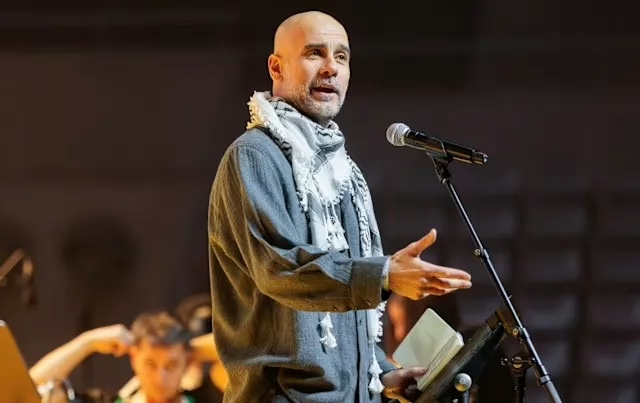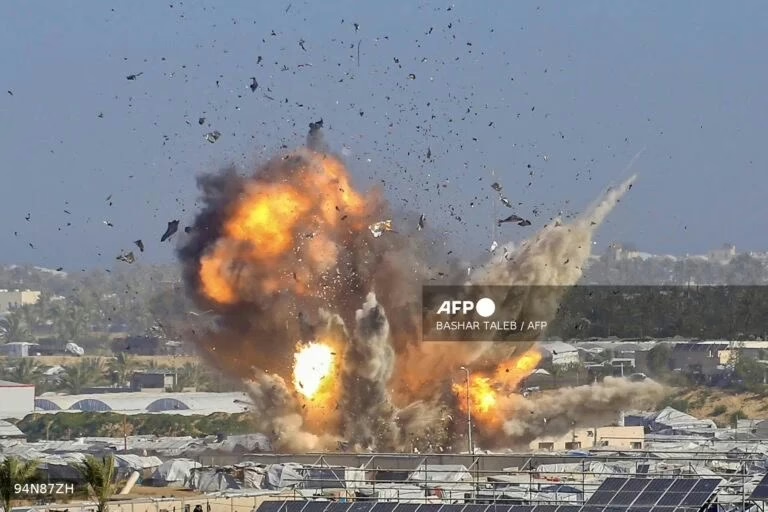The World Bank has said that Nigerian states will likely lose N18.8bn in oil and gas revenues in 2022, as worsening revenue collection at the federation level increases budgetary pressures for the states.
The Washington-based bank said this in its Nigeria Development Update report, titled, ‘The Continuing Urgency of Business Unusual’.
According to the lending bank, the declining revenue from the federation level had put many states in a precarious fiscal position.
The bank warned that many states would be unable to meet up with their expenditures, adding that there was an increase in debt servicing expenditures of States.
The report read in part, “With net oil and gas revenues stagnating, most states will not be able to achieve their intended levels of expenditures in 2022.
“In addition, debt servicing expenditures at the state level are also mounting due to a decline in gross statutory account revenue transfers from the federation account allocation committee, which comprises oil and non-value added tax, non-oil revenues.”
The bank further said that the expected higher VAT collection or improvements in independently generated revenues would not compensate for the lower transfers from the Federation Accounts Allocation Committee in 2022.
The financial institution also warned that there would be a 2.7 per cent decline in FAAC transfers in 2022 when compared to 2021, adding that this decline would push states to borrow more and slash discretionary expenditure.
“Stagnating net oil revenues will significantly affect the fiscal situation at the state level. State governments are projected to collectively receive 2.7 per cent fewer revenues than in 2021, as federal transfers are estimated to decline by 10 per cent against 2020 levels.
“Lower transfers will cause state governments to incur debt or drastically slash discretionary expenditure. Although states receive the majority of VAT revenues, VAT increases would not make up for the loss of net oil revenues.
A
s a result, in 2022, the average state in Nigeria will lose N18.8bn in oil and gas revenues, while optimistic projections place average gains from VAT and the electronic money transfer Levy at N7.1bn per state, and average increases in each state’s independent revenues at N6.7bn. As a result, the average state can expect to lose N5bn in revenue in 2022,” the report stated.
The PUNCH reported that the Nigerian National Petroleum Company Limited might deduct over N1tn in the next six months from the Federation Accounts Allocation Committee, following the decision of the Federal Government to continue subsidising Premium Motor Spirit, popularly called petrol.
Figures obtained from the oil firm on its subsidy deductions in 2021 indicated that the amount deducted monthly from FAAC by the NNPC was higher during the periods of higher crude oil prices.
This was also confirmed by economists, who explained that the higher the international price of crude oil, the higher the amount to be deducted by the NNPC from FAAC.Of course, the NNPC will spend more on subsidies this year because crude oil price has been increasing and the higher the price of crude, the higher the amount to be spent on subsidy,” the Chief Executive Officer, Centre for the Promotion of Private Enterprise, Dr. Muda Yusuf, said.
He added, “In fact, about N2.5tn might be spent on subsidy this year, meaning that about half of that amount could be spent in six months and this means hard times for states because the funds will be deducted from FAAC as usual.
“Some states would struggle to pay salaries, especially states that are heavily dependent on federal allocation. Some may have to lay off some of their work force. Many will struggle to meet their financial obligations as sub-nationals.”
A political economist and former presidential candidate, Prof Pat Utomi, urged states to create an environment for wealth creation rather than depend solely on the federal allocation.
He said, “States must focus more on creating the environment for wealth creation. If you go back to the late 50s and early 60s, most of the developments that took place in Nigeria are from the subnational governments. They collected the revenues, and send 50 per cent of it to the centre but the military ruined all of that.







Leave a Reply